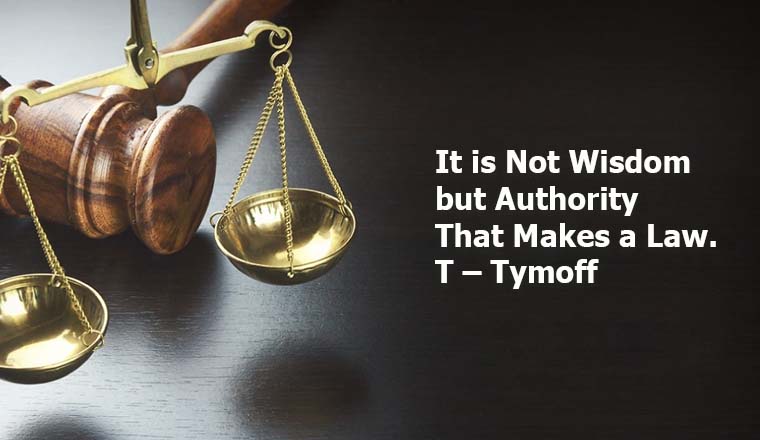Introduction:
It is Not Wisdom but Authority that Makes a Law” – T. Tymoff’s Perspective on Go In the intricate world of Go, where strategy, skill, and intellect converge, the statement, “It is not wisdom but authority that makes a law,” echoes the sentiments of T. Tymoff, a renowned figure in the realm of this ancient board game. Go, originating from ancient China over 2,500 years ago, has been a source of fascination and intellectual challenge for players worldwide. T. Tymoff’s unique perspective offers a thought-provoking lens through which we can explore the dynamics of authority and wisdom in the context of Go.
Table of Contents

The Authority of Rules: T. Tymoff’s Perspective
T. Tymoff’s assertion implies that in Go, as in life, authority holds a pivotal role in shaping the rules of the game. In Go, a set of well-defined rules govern the placement of stones, the capturing of territory, and the determination of a winner. These rules, established and maintained by authoritative bodies, provide a structured framework for players to engage in the game. The authority invested in these rules ensures a level playing field and a common understanding among players, fostering fair competition.
must read= Wisdom but Authority |
However, the authority of rules does not negate the importance of wisdom in playing Go. The game demands strategic thinking, foresight, and adaptability. Wisdom, in this context, refers to the player’s ability to make informed decisions based on a deep understanding of the game’s principles. It involves reading the board, anticipating the opponent’s moves, and devising a coherent strategy. While authority sets the boundaries, it is wisdom that navigates within them.

Wisdom in Go:
T. Tymoff’s perspective prompts us to delve into the nuanced interplay between authority and wisdom in the context of Go. Wisdom, as applied to the game, is multifaceted. It encompasses both the theoretical knowledge of established patterns and strategies and the practical application of this knowledge in a dynamic, ever-changing game.
A skilled Go player must possess the wisdom to discern the optimal moves in different situations, considering factors such as board position, opponent’s strategy, and long-term implications. This wisdom is acquired through study, practice, and experience. While authority provides the structure, it is wisdom that breathes life into the game, transforming it from a set of rules into a complex, strategic dance.

The Evolution of Go:It is Not Wisdom but Authority that Makes a Law
The history of Go reflects the evolution of both authority and wisdom within the game. Over the centuries, the rules of Go have undergone refinements and adjustments, guided by the collective wisdom of the Go community. The authority responsible for overseeing these changes ensures the integrity of the game, adapting it to the evolving dynamics of strategic play.
Simultaneously, the game has been shaped by the wisdom of individual players who have pushed the boundaries of established strategies, introducing innovative approaches and novel tactics. This interplay between authority and wisdom has contributed to Go’s enduring appeal, making it a timeless pursuit for those seeking intellectual challenge and strategic depth.
The Human Element: It is Not Wisdom but Authority that Makes a Law
In the game of Go, where every move holds significance, the human element is paramount. T. Tymoff’s perspective invites us to consider the role of individual agency within the framework of authority. While rules provide structure, it is the human mind that infuses the game with creativity, intuition, and the capacity for surprise.
Authority may define the boundaries, but it is the human intellect that explores the vastness within. In this sense, T. Tymoff’s statement serves as a reminder that, ultimately, it is the players who breathe life into the game, transcending the limitations of rules to create a dynamic and ever-evolving tapestry of strategic possibilities.
Conclusion:
In the intricate dance between authority and wisdom within the world of Go, T. Tymoff’s perspective offers a compelling lens through which we can explore the dynamics of this ancient board game. While authority establishes the rules that govern the game, wisdom infuses it with depth, strategy, and the potential for innovation. Go, as a microcosm of life’s complexities, reflects the delicate balance between adherence to established norms and the freedom to explore the boundless realms of human intellect.




